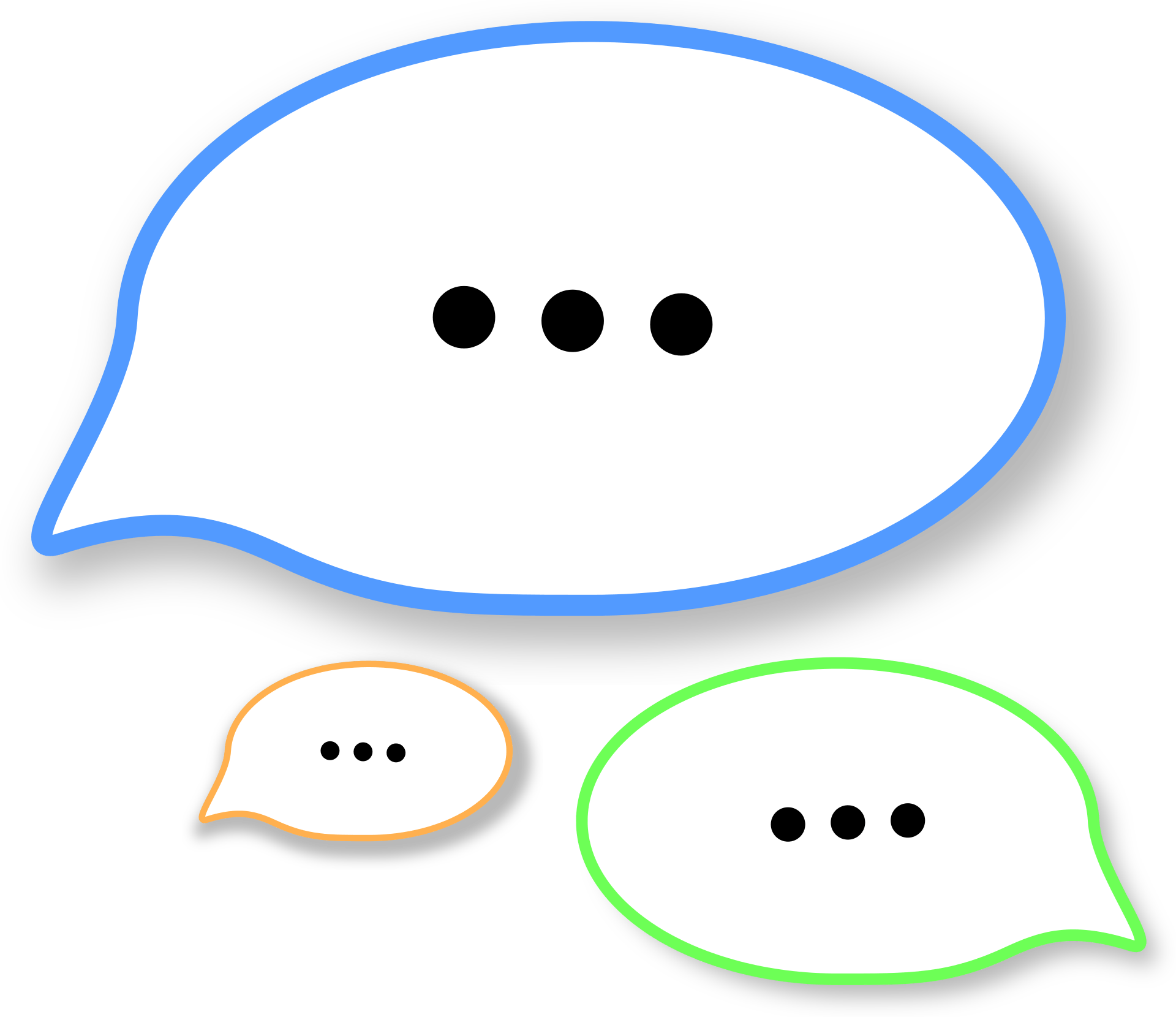About Team Scholarship
What is Team Scholarship?
Team scholarship is a collaborative effort to approach challenges, solve problems and explore new fields of research and scientific inquiry by leveraging the strengths and expertise of a diverse cohort of professionals trained in different scholarly fields.

Why is Team Scholarship Important?
How Can the Team Scholarship Acceleration Lab Help You?
What are the challenges to effective team scholarship?

Conflicting Goals
Teams for whom the goals of the individual members are not aligned can face serious problems. Such goal conflicts have been studied extensively in the social psychology literature. For instance, some may have goals closely associated with their home discipline. Researchers at different points in their careers often have different goals. Bringing goals into alignment early in a project can be a key, but periodic checks to make sure they are still aligned is also important.
Lack of Common Ground
Common ground refers to shared knowledge, which often is associated with shared terminology. In our research we have seen some projects that start out with an effort to establish common vocabulary.


Different Work Styles
What is an effective approach to completing a task for some, may appear to be time-wasting to others. It's important for teams to understand each other's work styles to avoid unnecessary conflict and misunderstandings.
Lack of Effective Leadership
Studies of team leadership has a long and rich history in the social sciences. There are many kinds of leadership styles, and team members can react quite differently to these different styles.


Ambiguous Criteria to Assigning Credit for Work
This issue most often surfaces in issues of co-authorship. Different fields have different customs about this. And when there are complex teams, knowing the role of each member can be critical. Some journals (e.g., Science) require that co-authors have their precise roles spelled out in a postnote.
Contested Control of Resources
Resources can come in many forms: access to facilities, access to specialized expertise, space.


Hidden Distribution of Funds
Funds are often a key resource in a project. Covering a portion of a person's salary, providing funds to hire research assistance, travel money, funds for equipment and supplies. Projects in which team members feel like they are not getting their fair share of funds or where the process by which funds are allocated is opaque can lead to serious troubles.
Miscommunication
It can be very frustrating when phone calls are not returned or e-mails are not responded to.


Loss of Trust
Trust is a key element of team effectiveness. Trust means that you are confident that other team members will do what they say they will do, and that they will keep your interests in mind and not try to take advantage of you.
Difficulties in Decision Making
Understanding how decisions are made by a team can be important. At the very least, it should be clear to everyone how decisions are made, even if they are disproportionately made by a subset of team members or by the leader.


Absence of a Clear Process for Updating Goals
Projects often encounter surprises, either with the definition of the problem, the particular strategy employed in researching the problem, or the particular mix of skills brought to bear. Having a process by which goals and strategies can be revised can be very important.
Lack of Tools to Support the Collaboration
There are better and better tools available for the support of collaboration. But not knowing about them, or not knowing how to use them effectively, can be a missed opportunity.


Daunting Size or Scale of the Team
As teams grow in size, they obviously become more complex to manage. But as we've seen with high energy physics, with the right practices very large teams can be quite successful. In an interesting set of analysis, Cummings & Kiesler (2005, 2007) found that what often creates complexity in large teams is that the members come from different institutions.
Institutional Barriers — e.g., Promotion & Tenure Credit Issues
Academic institutions can be very conservative. Putting an emphasis on single-authored papers or giving the most credit to the first author can work against successful team research. But how exactly should contributions to team research be considered. Klein & Falk-Krzesinski (2017) did an initial survey of how institutions are dealing with this issue. Our TSAL group is actively working on this issue at UCI.


Geographic Distribution — distance matters
Olson & Olson (2000) published an article entitled "Distance Matters," in which they reviewed a series of factors that are challenges for geographically distributed teams with an updated account in Olson & Olson (2014). Many of the factors described above become even more challenging when the people doing the work are not collocated. For example, leading a geographically dispersed team has many new challenges. Trust and common ground are more difficult to establish. Communication can be much more difficult. And so on.





